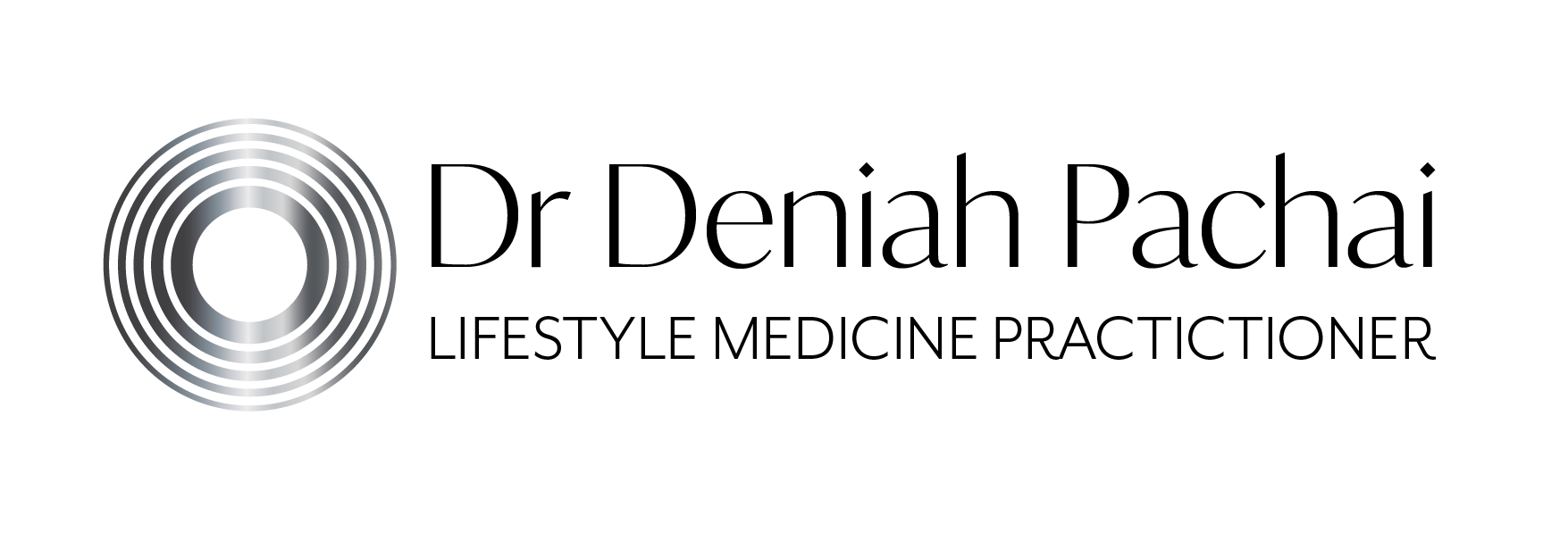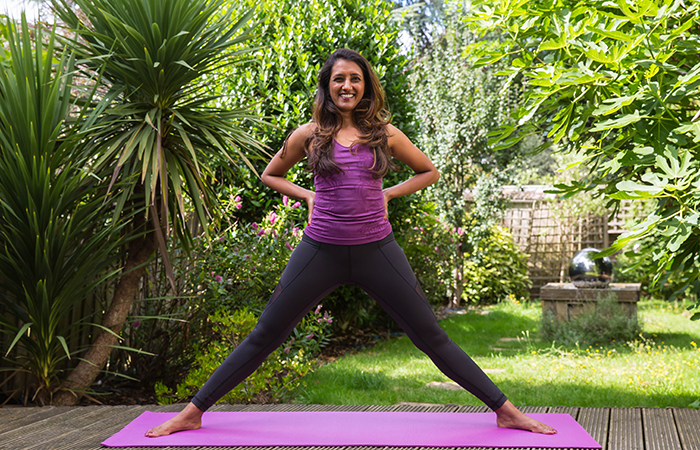Self Care
The orientation on my first day of work as a doctor was brief! It was a public holiday on the 1st of January 1999. It was focused on management and treatment – of patients, staff and colleagues, with no mention of wellbeing, either personal or the patient’s.
I lost 6kg in my first month as a Junior doctor. This was at the infamous Baragwanath Hospital in Soweto in South Africa where I did my internship. It was my first choice of hospital when I applied during my final year at medical school. I knew it was going to be challenging, but I did it anyway as I wanted to graduate from the year with a certain level of competency that ‘Bara’ doctors had. If you survived the year you could give yourself that badge of honour.
I was still a girl living at home with my parents who attended to my survival needs. My mother saw to it that I had 3 meals a day and a packed lunch prepared for work with extra food for on-calls.
So how did I lose 6 kg? I forgot to eat, distracted by the number of tasks I had to perform while walking many miles down long corridors and wards that constituted the hospital. Everything had to arranged and delivered in person to different departments – cardiology, radiology, portering services and more.
I welcomed the lighter me as the weight had been brought on by exam stress and comfort eating too many doughnuts in my final year. I did not know about actual selfcare at medical school either. I did the usual of eating, sleeping, showering, but my level of awareness on the subject was poor.
It was a physically and mentally demanding job with an erratic schedule – I never ever considered the emotional or energetic impact of the work because I was uneducated about these things. The only reason why I made an effort to gobble down my sandwich before leaving was to not offend my mother who had taken the time and trouble to make it.
I decided that I had to make time between 1-2pm every day to have lunch, which would inevitably be by myself in the shabby doctor’s room on the ward, as the canteen was too far away to be bothered with.
This was my first realisation and execution of selfcare in my medical career – it was simple! I just had to make space in my busy day for me.
It probably stems from having parents who did not entertain suffering. If we complained about an ailment, my mother would suggest a remedy and my father would offer to take us
to the doctor. You had to do something to care for yourself – take a tablet, sleep or ask for help to relieve the suffering.
Sometimes it is easier to stick your head in the sand and ignore the obvious due to fear, or not having the inclination to care. It’s also often easier to care for others than for ourselves.
Taking action of some sort, whether it be mindfulness of thoughts, feeling or bodily sensations that we experience, consulting a practitioner, taking treatment which may be in the form of time off, are all important steps we could take for our own health and wellbeing. Our family or employer may not remind us and our education may not equip us, even in healthcare, so it may have to start with us.
It would be great to hear if any of this resonated with you on any level.
Best wishes,
Deniah

